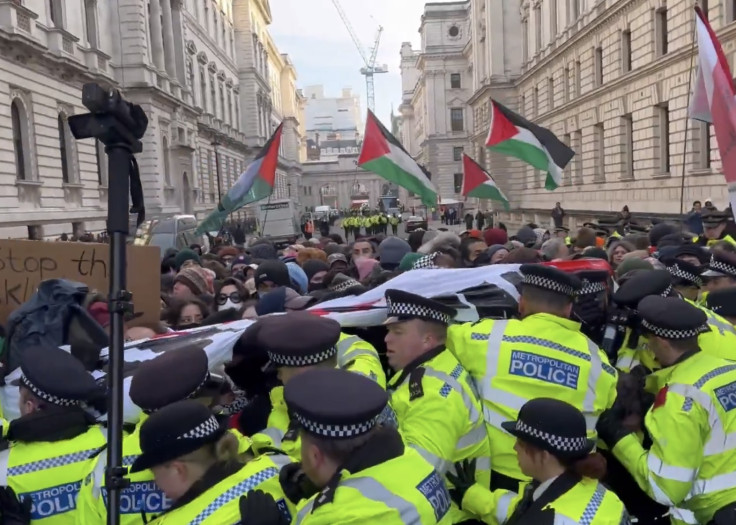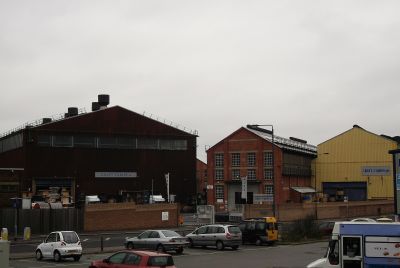UK Police Arrest Hundreds in Pro-Palestine Protests as Amnesty Condemns 'Dangerous' Crackdown

Across Britain, a wave of pro-Palestine demonstrations has ended in mass arrests, prompting accusations that the government is silencing dissent under the banner of public order.
Hundreds of peaceful protesters have been detained in recent weeks, many captured on video being dragged away for sitting quietly or holding signs. The scenes have reignited debate over how far the UK is willing to go in curbing civil liberties.
On X (formerly Twitter), Amnesty International delivered a sharp rebuke: 'These arrests are in breach of the UK's international human rights obligations and should not be happening.' The message, shared thousands of times, has come to symbolise growing unease over what critics call the 'criminalisation of conscience ' in modern Britain.
A Nation At Odds With Its Ideals
The contradiction is stark. Britain remains a signatory to global human rights conventions, including the European Convention on Human Rights, which guarantees the right to peaceful assembly. Yet, the detention of non-violent protesters—some merely sitting with placards—has led many to accuse the state of betraying its democratic image.
This unease has found its way into the courts. Prominent environmentalist Chris Packham and campaigner Gaie Delaphave launched a landmark legal challenge against the government's tightening grip on public demonstrations. Their case targets the Police, Crime, Sentencing and Courts Act 2022, particularly section 78, which criminalises 'public nuisance'—a term critics say is dangerously vague and easily weaponised to stifle dissent.
New Police Powers Stir Alarm
That legal battle has intensified just as the government proposes new measures to curb repeat protests. Following nearly 500 arrests at a pro-Palestinian vigil in London, the Home Office announced plans to let police consider the 'cumulative impact'of past demonstrations when restricting future ones.
In practice, this means officers could limit protest locations, durations, or crowd sizes based on previous events in the same area. Civil rights groups warn that the policy gives police sweeping discretion to pre-emptively restrict dissent, effectively punishing communities for past protests that were lawful.
Courts Under Pressure
The judicial system is straining under the surge of protest-related prosecutions. As of June 2025, the Crown Courts in England and Wales faced a backlog of over 78,000 pending cases, resulting in trials being delayed for years. Legal experts warn that with many protesters charged under ambiguous offences such as ' obstruction of the highway'or 'public nuisance', inconsistent verdicts are inevitable.
Earlier this year, the Court of Appeal struck down a government attempt to lower the legal threshold for police intervention, ruling it unlawful. Yet, enforcement remains uneven: some judges dismiss minor cases, while others impose tough sentences meant to deter repeat activism.
It will never stop being shocking to witness hundreds of peaceful protesters being hauled from the streets into police vans.
— Amnesty UK (@AmnestyUK) October 4, 2025
Police chiefs have a choice about how they police protests. These arrests are in breach of the UK's international human rights obligations and should not… pic.twitter.com/od65xirbfK
Balancing Freedom And Order
The government insists its actions protect public safety, but human rights organisations see something more profound—a steady erosion of the right to protest. What was once a civic duty now carries the risk of criminalisation.
As the courts, Parliament, and public opinion collide, Britain faces a defining moment: can a democracy that prides itself on tolerance and free expression reconcile that identity with a growing intolerance of dissent?
For now, the standoff continues—protesters defiant, police empowered, and the nation caught in a widening rift between freedom and control.
© Copyright IBTimes 2025. All rights reserved.





















